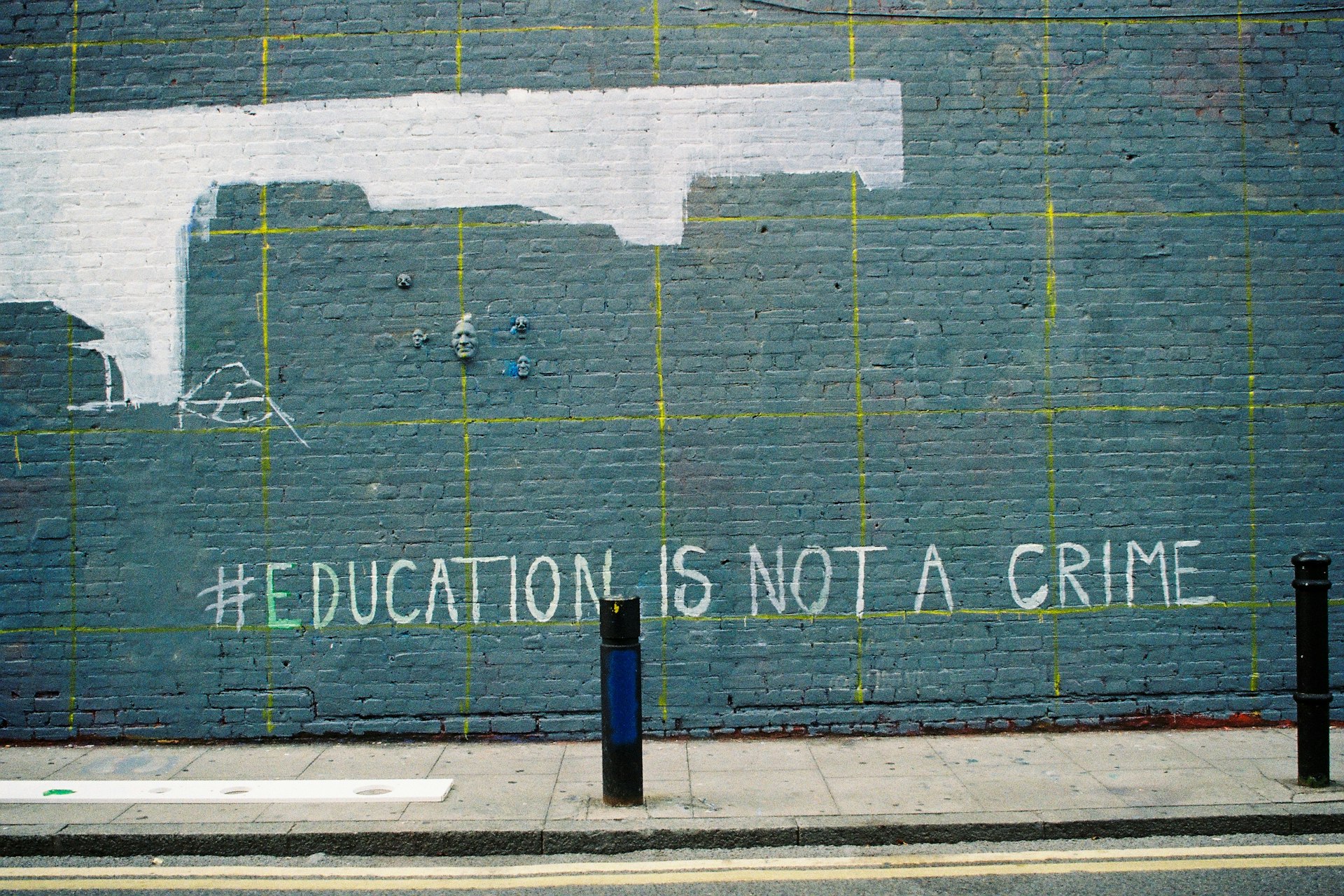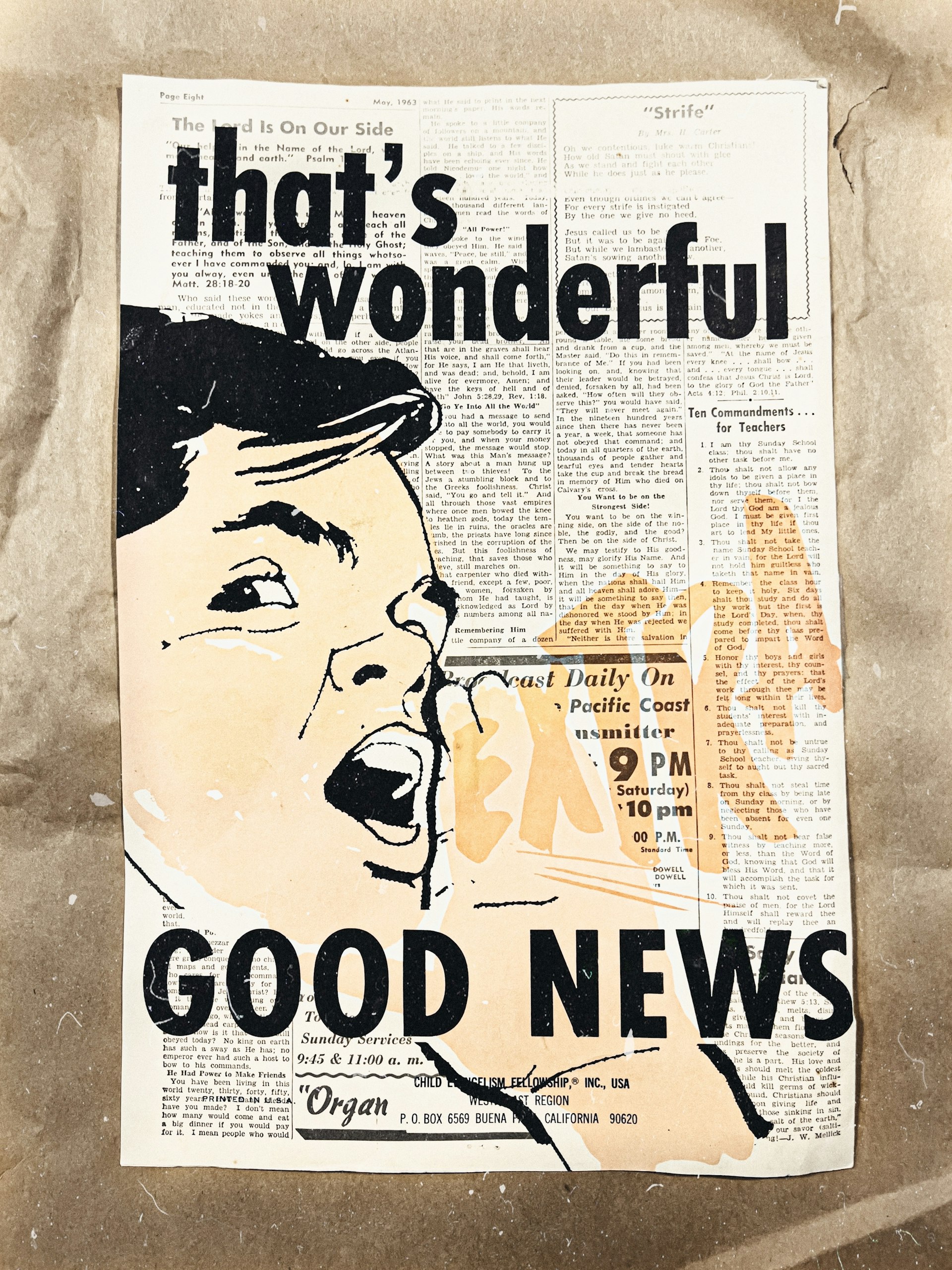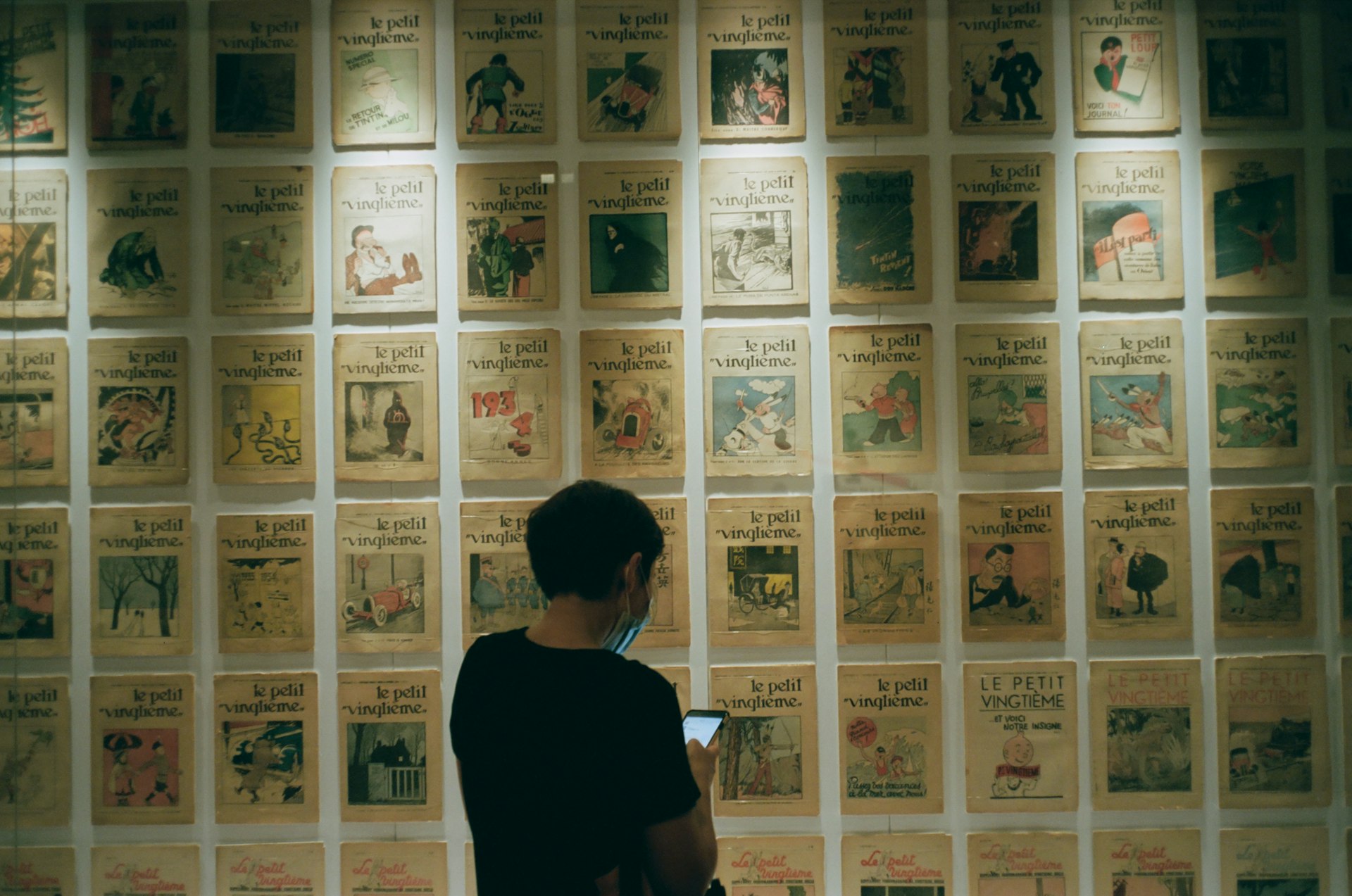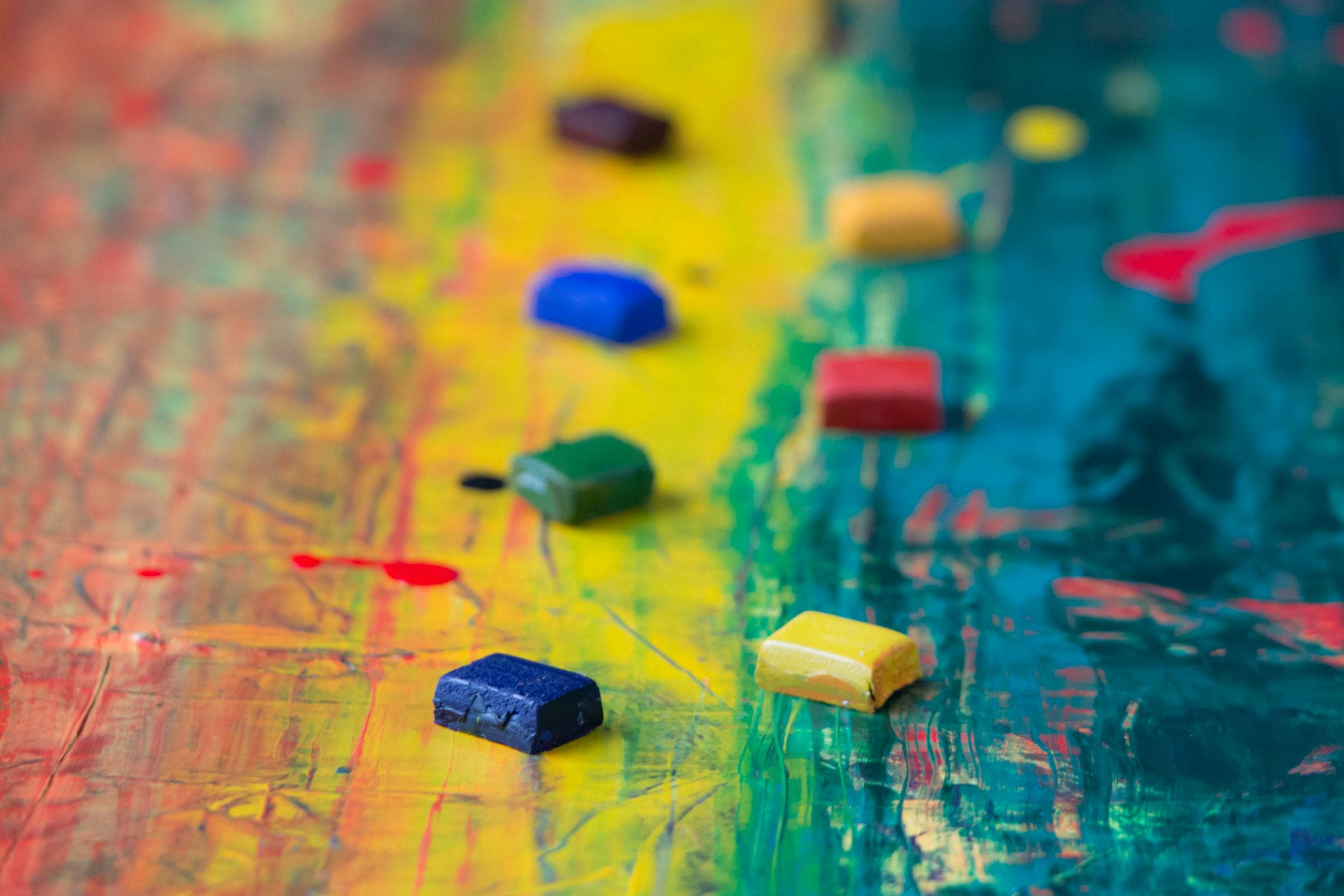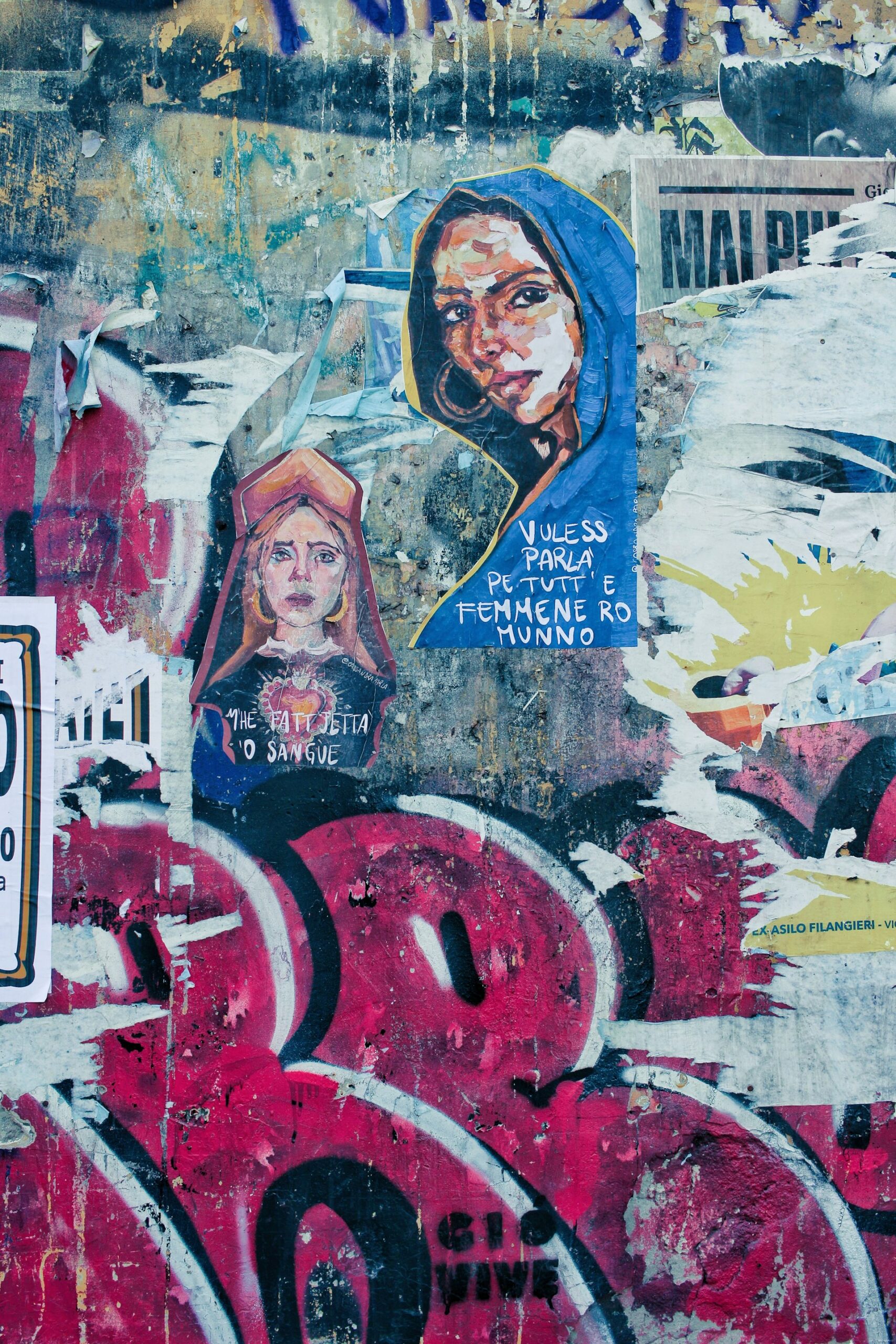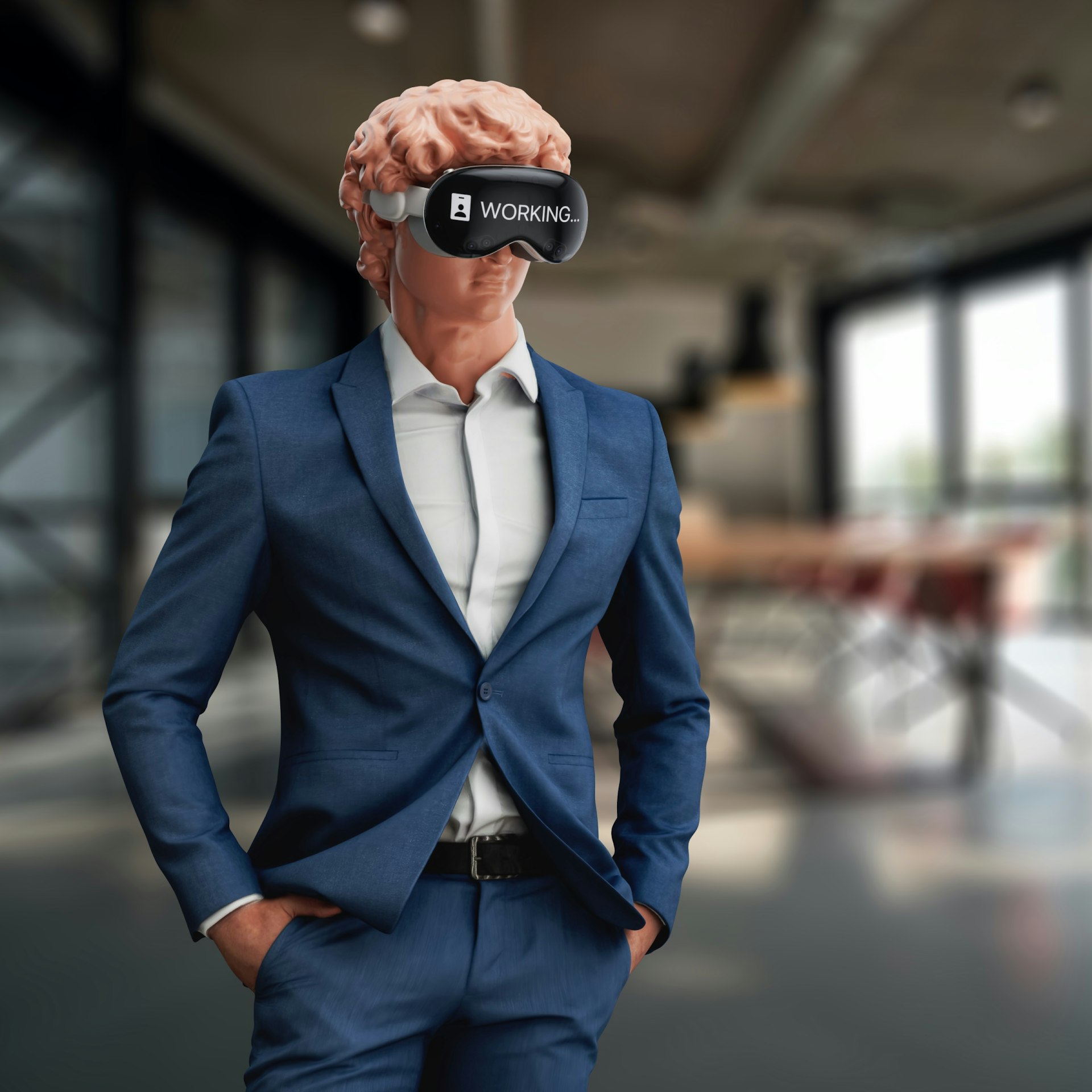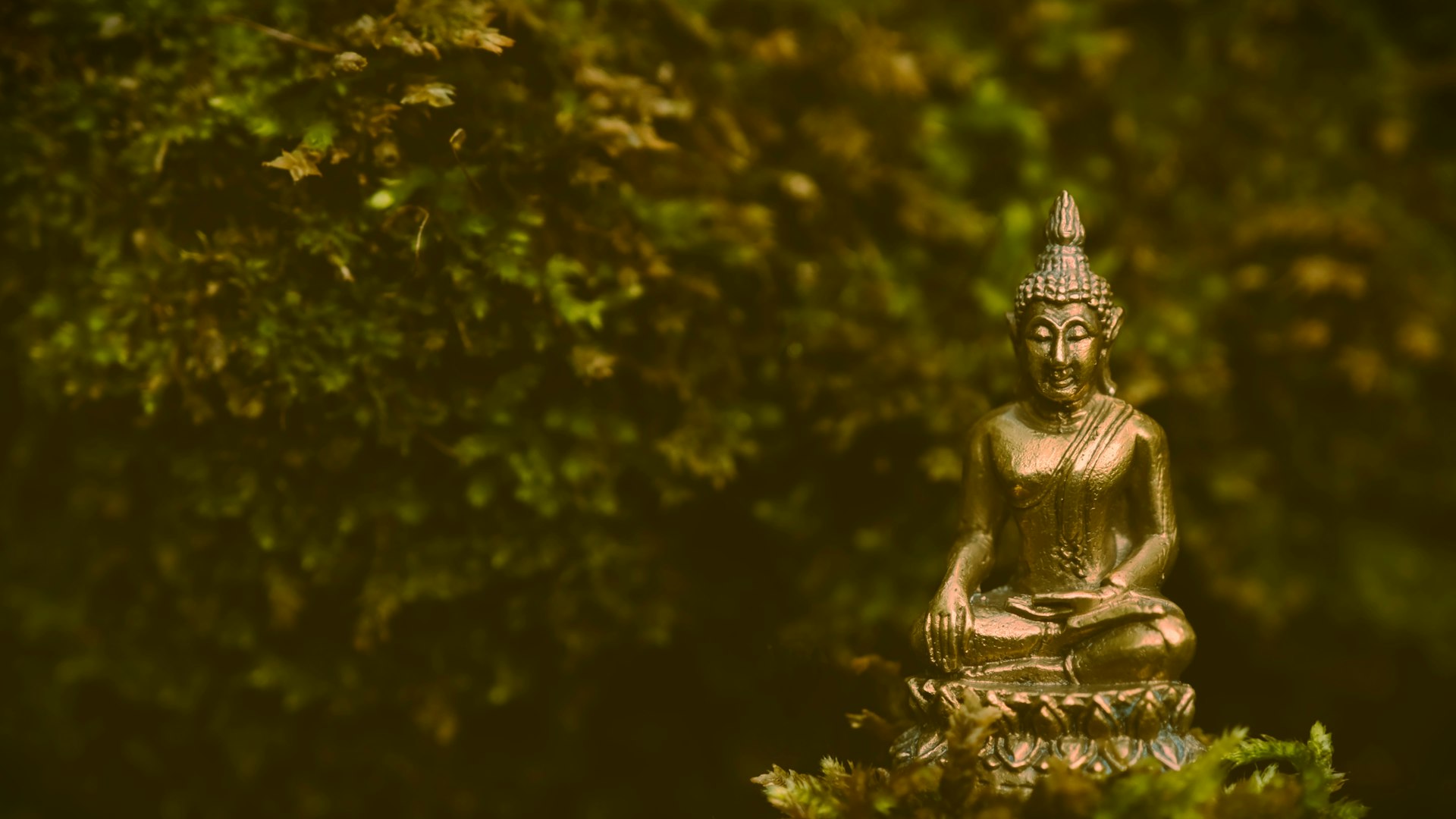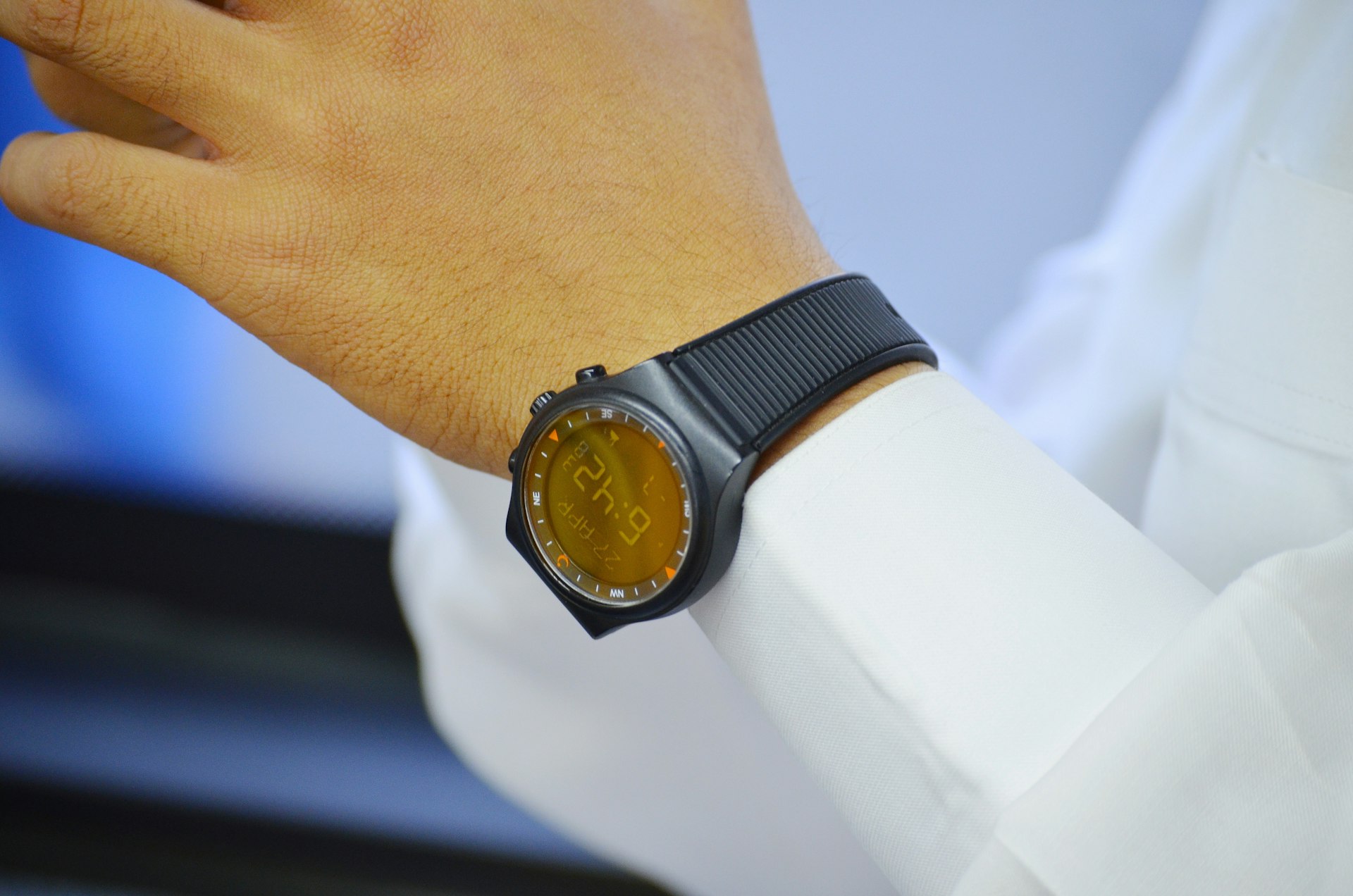Exploring Artistic Innovation in Experimental Film and Video

Photo by Sara Cottle on Unsplash
Introduction to Experimental Film and Video
Experimental film and video represent a bold frontier in visual storytelling, challenging traditional cinematic norms and blending diverse artistic disciplines. Unlike conventional films, these works prioritize creative expression over commercial appeal, often utilizing non-linear narratives, symbolic imagery, and innovative sound design to evoke unique emotional and intellectual responses [1] . The intersection of art and technology in experimental filmmaking has allowed artists to push boundaries, creating immersive experiences that engage viewers in new and unexpected ways [3] .
Defining Characteristics of Experimental Film and Video
Experimental films are distinguished by their unconventional techniques . These may include:
- Non-linear storytelling : Rejecting chronological plot development in favor of fragmented or cyclical structures.
- Symbolic and abstract imagery : Using visuals to convey complex themes and emotions rather than literal representation.
- Emphasis on mood and atmosphere : Prioritizing sensory impact over narrative clarity.
- Integration of multiple art forms : Combining elements of painting, dance, literature, or poetry to create multidimensional works [2] .
For example, Maya Deren’s
Meshes of the Afternoon
uses dreamlike visuals and repeated imagery to explore identity and memory, while Luis Buñuel and Salvador Dali’s
Un Chien Andalou
is renowned for its surreal, disturbing imagery and nonlinear structure
[1]
.
Artistic Techniques and Technological Innovation
The relationship between art and technology in experimental film is multifaceted. Artists frequently manipulate camera techniques, film stock, and editing processes to achieve distinct visual effects. Notable advancements include:
-
Rotoscoping
: Frames from live-action film are converted into animation, creating a fluid, dreamlike aesthetic. Richard Linklater’s
Waking Life
exemplifies this technique [2] . -
Stop-motion and mixed media
: Integrating sculpture, clay, paint, and puppetry, as seen in Cristobal León & JoaquÃn Cociña’s
The Wolf House
[2] . - Special effects and sound design : Crafting surreal or abstract audio-visual landscapes through manipulation of sound and image [3] .
- Interactive and immersive media : Experimental filmmakers increasingly use robotics, artificial intelligence, virtual reality (VR), and augmented reality (AR) to create works that respond to viewer input, expanding artistic possibilities [3] .
Recent mainstream films, such as
Gravity
and
Interstellar
, employ advanced technologies like Light Box systems and LED screens, demonstrating the influence of experimental practices on commercial cinema
[5]
.
Types and Genres within Experimental Film
Experimental film encompasses several subgenres, each with distinct approaches:
-
Form-challenging films
: Projects like Stan Brakhage’s
Dog Star Man
manipulate film stock and employ radical editing to challenge the very definition of cinema [4] . -
Single-image films
: Derek Jarman’s
Blue
uses a static blue screen paired with an intricate audio track to evoke deep emotional responses [4] . -
Experimental documentaries
:
Man With a Movie Camera
blends documentary realism with avant-garde editing and composition [4] . - Animated experiments : Independent animators like Don Hertzfeldt create surreal narratives that defy conventional animation norms [2] .
Each genre offers unique opportunities for artistic experimentation and innovation.
Practical Steps to Engage with Experimental Film and Video Art
If you wish to explore or create in the realm of experimental film and video, consider the following steps:
-
Research and watch acclaimed experimental films
: Begin with foundational works such as
Un Chien Andalou
,
Meshes of the Afternoon
,
Koyaanisqatsi
, and
Dog Star Man
. Many experimental films are available on platforms like Vimeo and YouTube , which support independent and avant-garde creators [3] . - Experiment with available technology : Use editing software, animation tools, or even smartphones to manipulate footage, sound, and effects. Consider exploring VR or AR apps for immersive projects.
- Collaborate across disciplines : Partner with artists from painting, dance, or literature to create hybrid works that challenge genre boundaries [2] .
- Submit your work to festivals and online platforms : Many film festivals, such as Sundance and Tribeca, feature experimental categories. Online platforms provide accessible distribution for emerging artists. Search for “experimental film festivals” to find opportunities in your region.
- Join communities and educational programs : Film schools, online courses, and artist collectives can provide resources and mentorship. You can connect with fellow filmmakers via forums, social media groups, and local arts organizations.
If you are seeking grants, residencies, or educational programs, consider researching organizations such as the National Endowment for the Arts (NEA) or contacting your local arts council. Search for “experimental film grants” or “artist residencies in film” on their official websites for current opportunities.
Challenges and Solutions in Experimental Filmmaking
Experimental filmmakers often face unique challenges, including limited budgets, niche audiences, and technical hurdles. Solutions include:
- Leveraging low-cost technology : Use accessible digital tools and online platforms for production and distribution.
- Building networks : Connect with other artists to share resources and expertise.
- Seeking alternative funding : Apply for grants, crowdfunding campaigns, and artist support programs.
- Educating audiences : Host screenings, workshops, and discussions to introduce experimental film concepts to new viewers.
Persistence, creativity, and collaboration are key to overcoming these obstacles and achieving artistic impact.
Alternative Approaches and Future Trends
As technology evolves, new forms of experimental film and video art continue to emerge. Interactive cinema, data visualization, and AI-generated content are expanding the possibilities for artistic expression. Mainstream filmmakers increasingly incorporate experimental techniques, blurring the line between art and entertainment [5] .

Photo by Ed Wingate on Unsplash
For those interested in deeper exploration, consider studying avant-garde movements such as Dogme 95 or examining the impact of platforms like TikTok, where short-form video experimentation is thriving [5] .
Key Takeaways
Experimental film and video are vibrant fields that merge artistic vision with technological innovation. By challenging conventions, integrating diverse media, and embracing new tools, filmmakers continue to redefine what cinema can be. Whether you are a creator or a viewer, engaging with experimental works offers opportunities for creative growth and deeper understanding of the art form.
References
- [1] No Film School (2023). Dissecting the Experimental Genre in Film and TV.
- [2] Wikipedia (2024). Experimental film.
- [3] SEA Open Research (2024). Experimental Film Between Art and Technology.
- [4] StudioBinder (2021). What is Experimental Film – History, Examples & Movements.
- [5] Art Hub Magazine (2024). From Lumière to TikTok: Experimentation in Film Through the Ages.
MORE FROM 9scholarships.de
